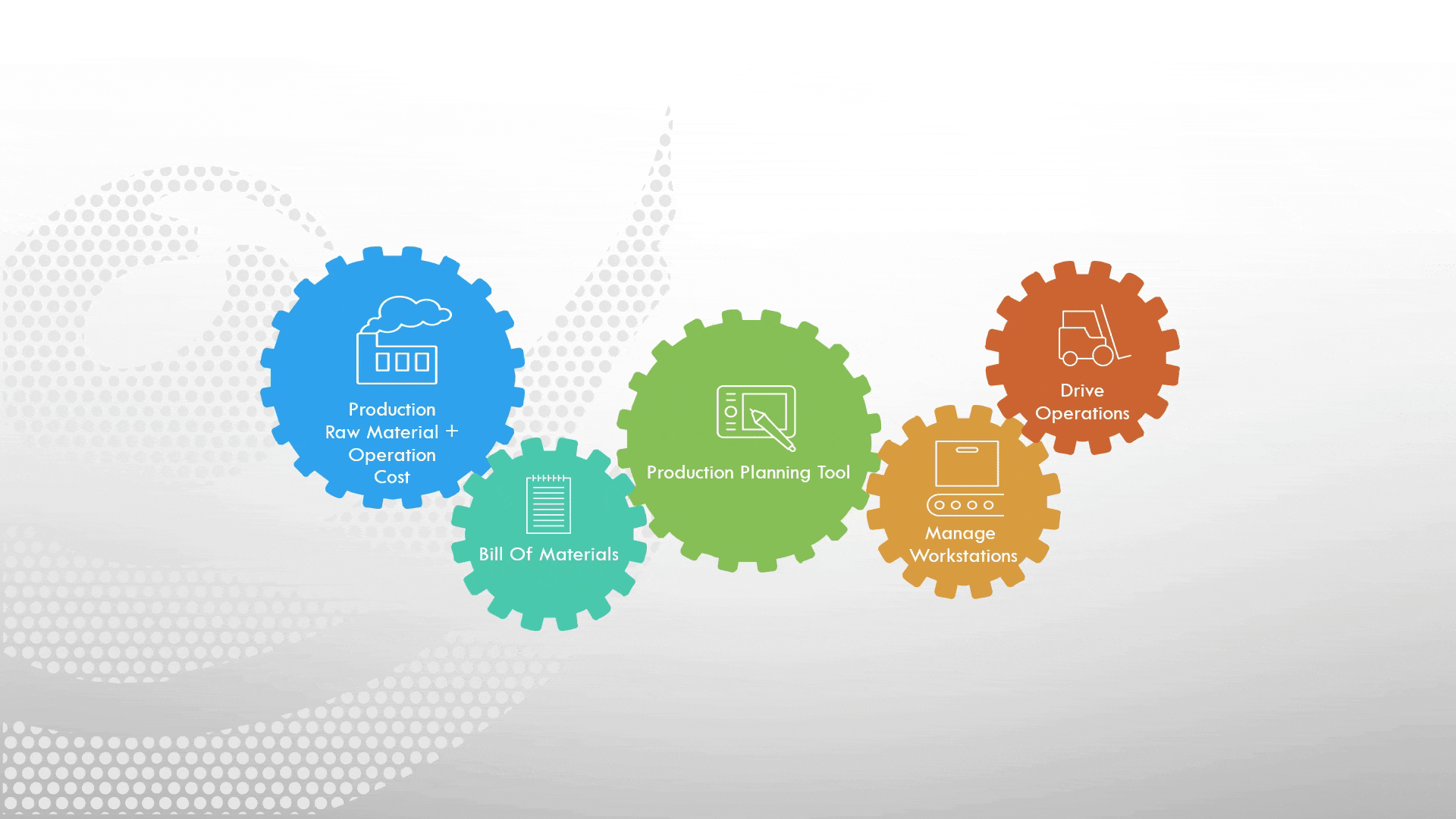Introduction

In today's competitive landscape, having the right ERP for manufacturing can significantly impact efficiency, scalability, and profitability. Choosing the wrong solution can lead to costly disruptions, inefficiencies, and compliance risks. That's why it's essential to evaluate your options carefully and select the best manufacturing software tailored to your specific operations and industry.
Tip 1: Identify Your Key Requirements

Before exploring vendors, take a deep look at your current workflows and pain points. Whether it's real-time inventory tracking, automated production scheduling, or quality control, clearly outline what your business needs from a small manufacturing ERP software. Also, think about future scalability—your software should grow with your business and not become a bottleneck.
Tip 2: Research Industry-Specific Solutions

Every manufacturing sector—be it food & beverage, pharmaceuticals, automotive, or electronics—has unique processes and compliance needs. The best manufacturing software is the one that’s built with your industry in mind. Seek out case studies or client testimonials to understand how well the software fits your business challenges and how it has been deployed in similar manufacturing environments.
Tip 3: Evaluate Integration Capabilities

A modern ERP for manufacturing should integrate effortlessly with your existing systems—be it accounting software, CRM software, or ERP platforms. Compatibility with current data sources reduces disruption and speeds up implementation. Also, consider the time and cost of data migration and how well the solution connects with your operational ecosystem.
Tip 4: Consider Deployment Options

While selecting the Best Manufacturing Software, it's essential to evaluate the available deployment options—on-premises, cloud, or hybrid. Cloud-based ERP for manufacturing can offer scalability, remote access, and reduced upfront investment. On the other hand, on-premise setups might suit manufacturers requiring tighter data control. Small businesses can benefit from small manufacturing ERP software that provides cloud deployment for easier maintenance and cost-efficiency. Balance flexibility, data security, and IT capabilities with your business needs to make the right choice. Consider expert IT consulting for a guided approach.
Tip 5: Prioritize User-Friendliness

No matter how advanced your ERP for manufacturing is, its effectiveness is tied to how easily your team can use it. The Best Manufacturing Software offers intuitive dashboards, mobile accessibility, and user interfaces that align with existing workflows. For small businesses, adopting small manufacturing ERP software with a gentle learning curve ensures quicker adoption and minimizes training costs. A user-centric design boosts productivity and ensures higher ROI from your software investment.
Tip 6: Evaluate Vendor Support and Reputation

Choosing the right vendor is just as important as selecting the Best Manufacturing Software. A trusted vendor with a strong reputation ensures consistent updates, smooth implementation, and timely support. Look for providers experienced in delivering ERP for manufacturing with proven success stories and client testimonials. For businesses seeking small manufacturing ERP software, ensure the vendor offers scalable support to grow alongside your company. Also, assess their long-term product vision and commitment to innovation to future-proof your investment.
Conclusion
Selecting the right ERP for manufacturing is a strategic investment that can significantly impact your operations. By carefully aligning your business needs with the features of the Best Manufacturing Software, and ensuring ease of use, proper deployment, and solid vendor support, you set your organization up for long-term efficiency and success. Whether you're a large-scale operation or exploring small manufacturing ERP software, the right choice can drive growth and streamline production for years to come.






